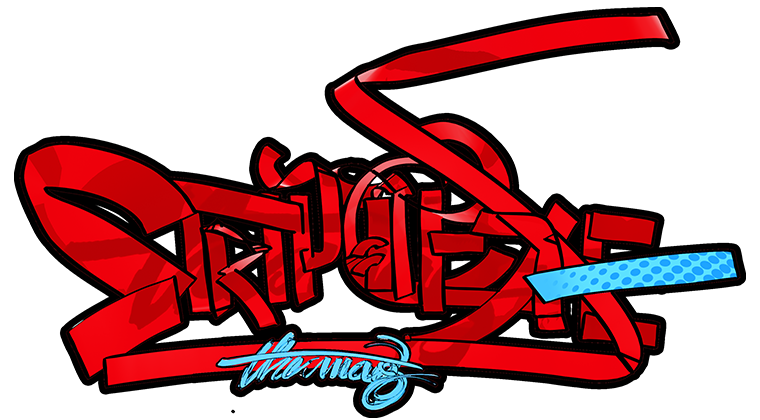Neither a Caped Saviour Nor a Messiah in Fancy Pants
Whether it is in the DC universe or the Marvel one, superhumans, or metahumans as they are known in DC, form a common section of society. They put on their capes and cowls and serve the justice system, and when they are not busy fighting crime or saving innocent people, they lead a normal life with their loved ones (Batman is the sole exception). For many superheroes, the physical/mental differences that make them superhumans (as I prefer calling them) are permanent, thus making them constitutionally superior or different from run of the mill humans. They become something beyond mere humanity. The very action of putting on a disguise or rather taking it off (since they only come into their true selves when they are “out” as the superbeings they are) and fighting crime is par for course in the world of comic books. However, for the purposes of interest, let us stretch our minds a bit and see what would happen to them in a more realistic world.

Superhumans are emancipated beings. Free from most forms of human weaknesses, they have their singular Achilles’ heels, but that is it. The entire range of differences between ordinary humans and superhumans results in the latter interacting rather differently with their surroundings. The logical outcome to this would be a scenario where superhumans came to regard the human way of life as obsolete and alien. Putting on a costume to save humans will seem too naïve then, for the actions of humans will seem pointless. We don’t habitually save ants from being stepped on, or smaller fish from being eaten by a larger one; similarly, they will see no reason to save us either. And as for the golden code of not shedding a single drop of blood – not only is it highly unreasonable, for most people who believe in Justice believe in killing – it would be abandoned entirely. We do kill pests, don’t we?
The character of Dr. Manhattan by Alan Moore slowly withdrew from humanity in general thanks to his superpowers which made him experience reality and time differently, the pace of human lives might be psychologically impeding to the Flash, and the presence of the Spider inside Peter Parker’s mind, which he constantly resists (as depicted in Spiderman: the Other), separates him from ordinary humans. Clark Kent is the depiction of humans raised by animals; in due course of time, he will see all our actions and the mechanism of society to be pointless, and to him our world will be an anthill. One can apply a similar rationale to Stan Lee’s mutants – Magneto was after all a realist.

If superhumans did exist in the real world, they would soon alienate themselves from us and probably form a society of their own, with their own standards of good and evil. They will wage their wars, have their own societal norms, and their own rules and rights regarding the use and abuse of power. We would probably be no better than cattle in such a world. Super heroes with different powers can be compared to humans with different religions, nationalities and beliefs. In this fantasy scenario, they would form a separate society based on those differences, with class divisions being dictated by how powerful or potent someone is. Superman could be the dictator of a nation and Spiderman the guerrilla rebel. Flash could start his own delivery service, and wolverine could be a yakuza chef. Cyclops might dedicate his life to conducting research on the beam that he shoots out of his eyes and create an alternate power-source for their society. A super-society, complete with its own norms and quirks will emerge from these superbeings interacting where ordinary humans will no longer be the dominant race. It’s a grim picture, true, but isn’t that how the world works anyway, with the powerful and the mighty crushing the everyday person under their unconcerned heels?

